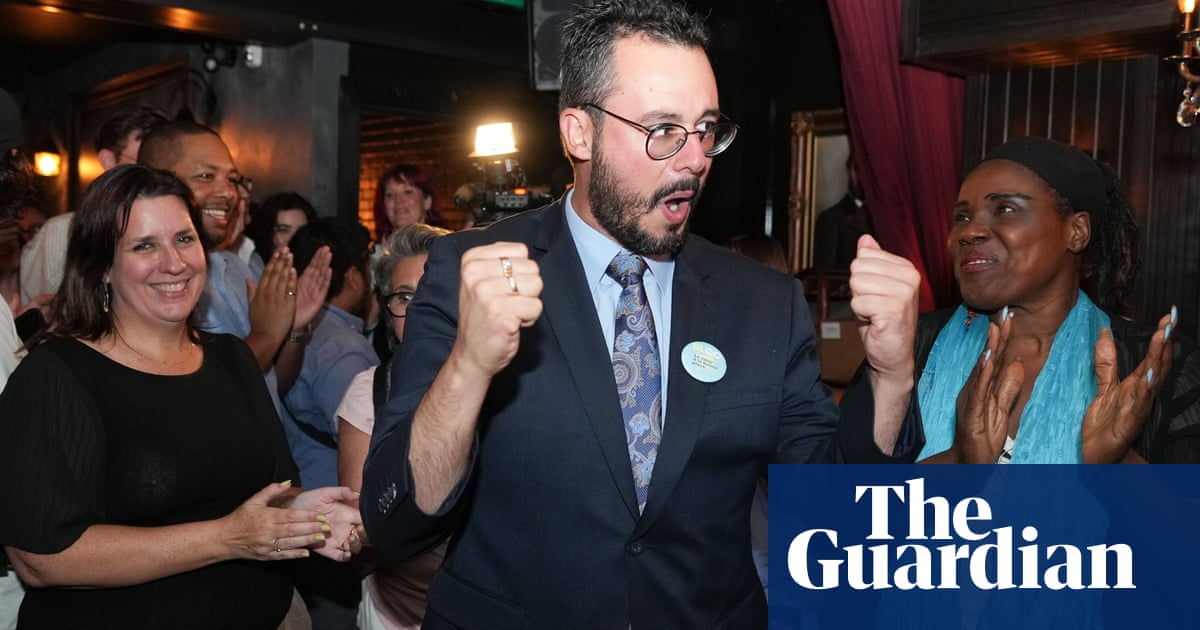Canada: Trudeau Resigns as Prime Minister

The Facts
Canadian Prime Minister Justin Trudeau has announced his resignation pending the appointment of a new Liberal Party leader following nine years as the country's leader.
Trudeau first became Liberal Party leader in 2013 before being elected Prime Minister in late 2015. Trudeau stated that Canada "deserves a real choice in the next election," and that he could not be "the best option" if he was "having to fight internal battles."
Speaking in front of Rideau Cottage, Trudeau announced that Parliament was also to be prorogued until March 24. The opposition Conservative Party had intended to introduce a vote of no confidence in the Trudeau minority government upon Parliament's return from holiday previously scheduled for Jan. 27.
The Spin
Left narrative
Despite a challenging political landscape, Trudeau's legacy shines with remarkable achievements — halving child poverty, legalizing marijuana, advancing Indigenous reconciliation, and deftly navigating NAFTA negotiations with Trump. His government's swift COVID response and unwavering commitment to progressive values made Canada a beacon of pluralism and liberalism. Like Obama, he may be succeeded by his opposite, but his transformative impact endures.
Right narrative
From "shining hope" to tarnished legacy, Trudeau's nine-year reign has left Canada reeling. Under his leadership, poverty has soared with millions in survival mode, housing dreams have crumbled, and conditions have worsened. His diplomatic missteps have alienated allies worldwide, while his economic policies have driven Canada into recession. Through it all, his leadership failures were masked by his rhetoric and demeanor.







